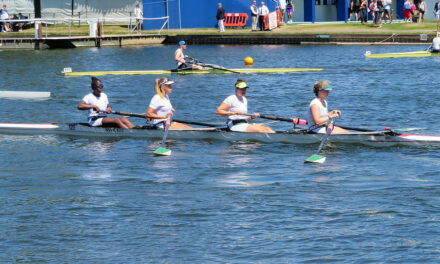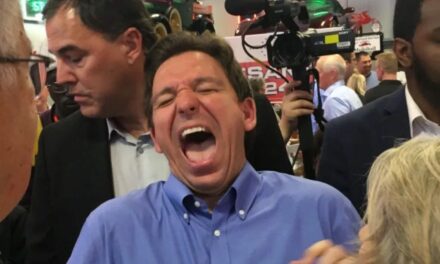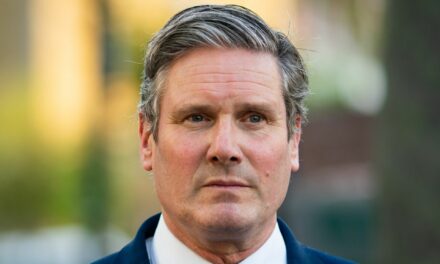LONDON – In an unprecedented breach of carefully curated audience composition, the BBC has come under fire from OFCOM after a solitary Conservative voter infiltrated the audience of a recent leaders’ debate. The incident has sent shockwaves through the broadcasting community, prompting immediate introspection and fervent vows to tighten security measures.
The rogue voter, later identified as Mr. Reginald Throckmorton, was reportedly spotted nodding in agreement with comments made by a Conservative leader, a sight not witnessed on BBC airwaves since the Thatcher era. This flagrant display of political diversity has been condemned by the corporation, which has long prided itself on maintaining an impeccably balanced (read: left-leaning) audience.
“We are horrified by this egregious lapse,” a BBC spokesperson, affectionately known as Auntie, stated at an emergency press conference. “We don’t know how this fascist got there. It won’t happen again.”
OFCOM, the UK’s broadcasting watchdog, has launched an investigation into the debacle. Early reports suggest that Throckmorton may have slipped past security by disguising himself as an undecided voter, a tactic not unlike the Trojan Horse but with fewer Greeks and more tweed.
The BBC has already pledged to implement stricter vetting processes to ensure such a travesty never occurs again. Future audience members will be subjected to rigorous ideological background checks, ensuring that only those with the correct, progressive credentials are granted entry.
“We’re introducing a mandatory questionnaire and a thorough social media audit to root out any covert conservatives,” Auntie assured the public. “We aim to create a safe space where all viewers can enjoy a debate free from the unsettling presence of dissenting opinions.”
The reaction from the general public has been mixed. Progressive circles have hailed the BBC’s quick response, with many calling for even more stringent measures to safeguard the ideological purity of future broadcasts. However, some cheeky social media users have suggested that the incident reveals a deeper issue within the BBC’s definition of balance.
“Imagine the horror of encountering a different viewpoint on a national broadcast,” tweeted one sarcastic observer. “Next, they’ll let people who read The Telegraph into book clubs.”
In the wake of the scandal, Auntie has doubled down on her commitment to preventing similar incidents. The corporation has issued an open call for volunteers to help screen potential audience members, with special preference given to those with experience in identifying and excluding ideological outliers.
As the dust settles, one thing is certain: the BBC will stop at nothing to preserve the sanctity of its echo chamber. After all, diversity is paramount—as long as everyone thinks the same.
















